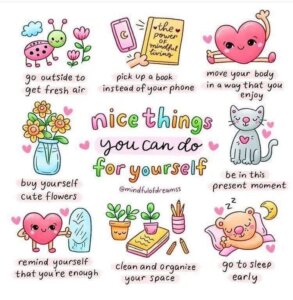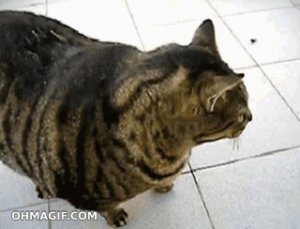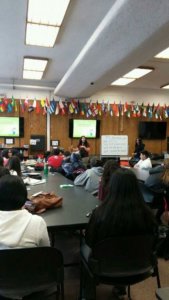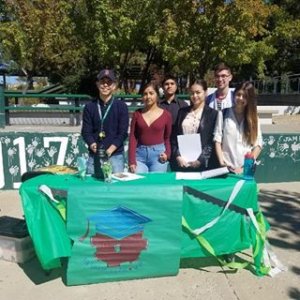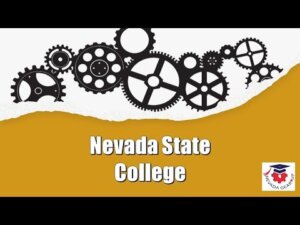
This month’s blog was written by Manny Ortiz, Assistant Director of the Dean’s Future Scholars Program at UNR.
In 2018, the University of Nevada, Reno awarded Karla Cortes Canchola Student Employee of the Year. Karla was not granted this award because of some administrative task or project, but rather she helped save someone’s life. On his hardest day, a day when he wanted to take his own life, a high school student decided to reach out to his DFS college student mentor. Karla responded quickly and was able to send help. This is the power of near-peer mentoring.
Near-peer mentoring is often defined as a model where college-level students guide middle or high school students through a process they themselves recently experienced. In DFS, participants are assigned an undergraduate college mentor who provides support through high school graduation and beyond. The impact this program model has on both mentors and mentees is significant.
The first major benefit is how the close proximity in age leads to stronger connectedness. Mentees often report feeling less intimidated and more comfortable sharing personal information and asking for help. Student perception data also highlights the mentor’s ability to empathize because the journey was just a recent reality and not a distant memory. This model is particularly effective for first-generation college students.
Second, the research indicates that there is a mutual benefit as both the mentee and mentor build capacity. For example, the mentees are able to learn about college and learn valuable skills through personal stories, while the mentors are given the opportunity to reflect on their recent experiences giving them a greater sense of purpose. Not only is there a mutual benefit, the topics and themes centered on the concerns about high school graduation, the anxiety of applying to college, and the fears of the unknown tend to go deeper.
As a first-generation student who benefited from near-peer mentoring, I found that I had a greater sense of belonging, I could relate to my mentor because we had similar backgrounds, and I ultimately benefited from increased self-esteem and motivation. Even after 19 years, I still communicate with my mentor. In hind sight, there were only a few years difference between our ages, but it is clear that we both supported each other during significant developmental stages. She was in college; I was in high school, but a deep bond was formed.
Luckily, I never found myself in the depths of extreme depression or hopelessness like Karla’s mentee, but I do know that my near-peer mentor would have also picked up the phone. I know that she would have been there for me, as I am there for my mentees.

